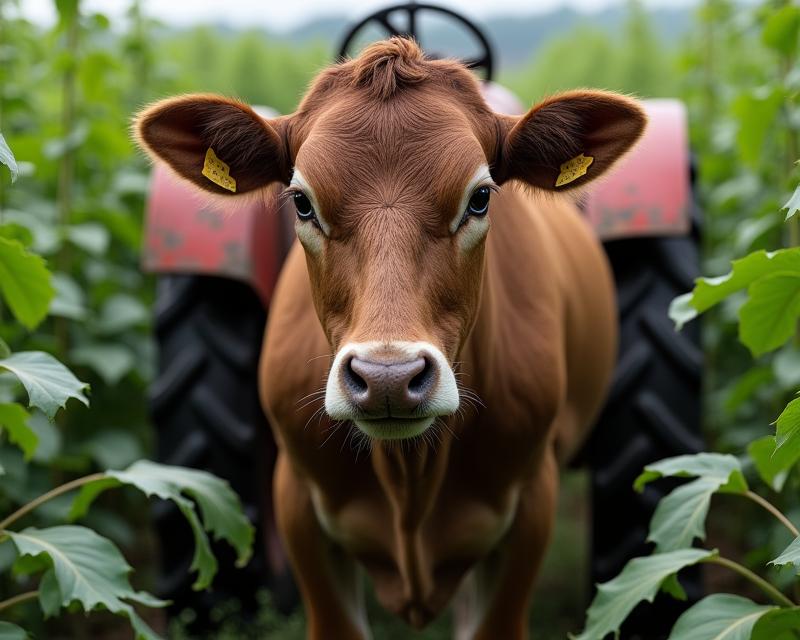The Hidden Cost of Farm Equipment Obsolescence
Publish in Sustainable Farming el 21/07/2025 00:53
The Hidden Cost of Farm Equipment Obsolescence
As farmers, ranchers, and gardeners, we're deeply connected to the land and strive to cultivate a sustainable future. We focus on soil health, water conservation, and responsible resource management. But have you ever considered the environmental impact of the very tools we use? The increasing trend of non-repairable farm equipment – designed to become obsolete quickly – is a growing concern, contributing significantly to e-waste and broader environmental problems.

Think about it: tractors, combines, planters – these are vital investments. But what happens when a crucial part breaks? If replacement parts are unavailable or prohibitively expensive, the machine often ends up discarded. This contributes to the massive problem of electronic waste (e-waste), which is one of the fastest-growing waste streams globally. E-waste contains hazardous materials like lead, mercury, and cadmium, which can leach into the soil and water, contaminating our ecosystems and potentially impacting our health. The sheer volume of discarded machinery is staggering, filling landfills and requiring significant resources for disposal – resources that could be better used elsewhere.
This cycle of planned obsolescence isn't just an equipment issue; it’s linked to broader unsustainable practices. It encourages a 'throw-away' mentality, prioritizing short-term profit over long-term environmental health. The manufacturing process itself – extracting raw materials, transporting components, and assembling the machines – has a substantial carbon footprint. When equipment is designed for a limited lifespan, we’re constantly repeating this energy-intensive process, exacerbating climate change. Furthermore, the demand for new equipment drives resource depletion, putting a strain on our planet’s finite resources.
So, what can we do? We can advocate for more durable, repairable equipment. Support manufacturers who prioritize longevity and offer readily available parts and service. Consider investing in used or refurbished machinery whenever possible. And, most importantly, embrace a culture of repair and maintenance. Learning basic repair skills can extend the life of your equipment and reduce your reliance on new purchases. By making conscious choices, we can reduce our environmental impact and contribute to a more sustainable future for farming and agriculture. Let's work together to break the cycle of obsolescence and build a more resilient and environmentally responsible food system.





